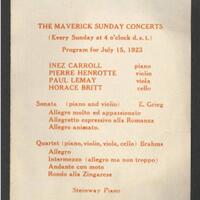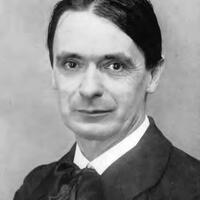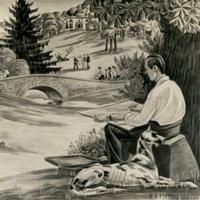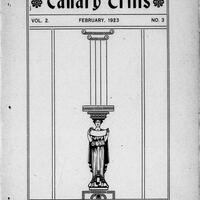Max Reinhardt Collection
Collection Owner:
Cover Image:
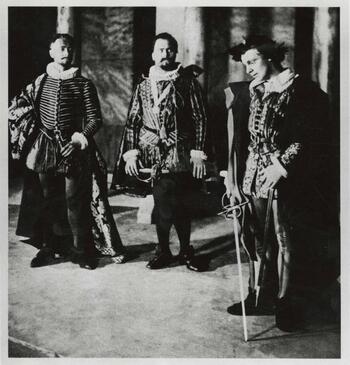
Scene from "Torquato Tasso", 1913 - Image Source
Collection Facts
Extent:
487
Dates of Original:
c. 1890-1984
Browse within this collection
Creator Attribution:
Additional Information
Scope and Content Source:
Publisher of Digital:
Binghamton University
Browse similar collections
NYH Topic Areas:
Collection Type:
